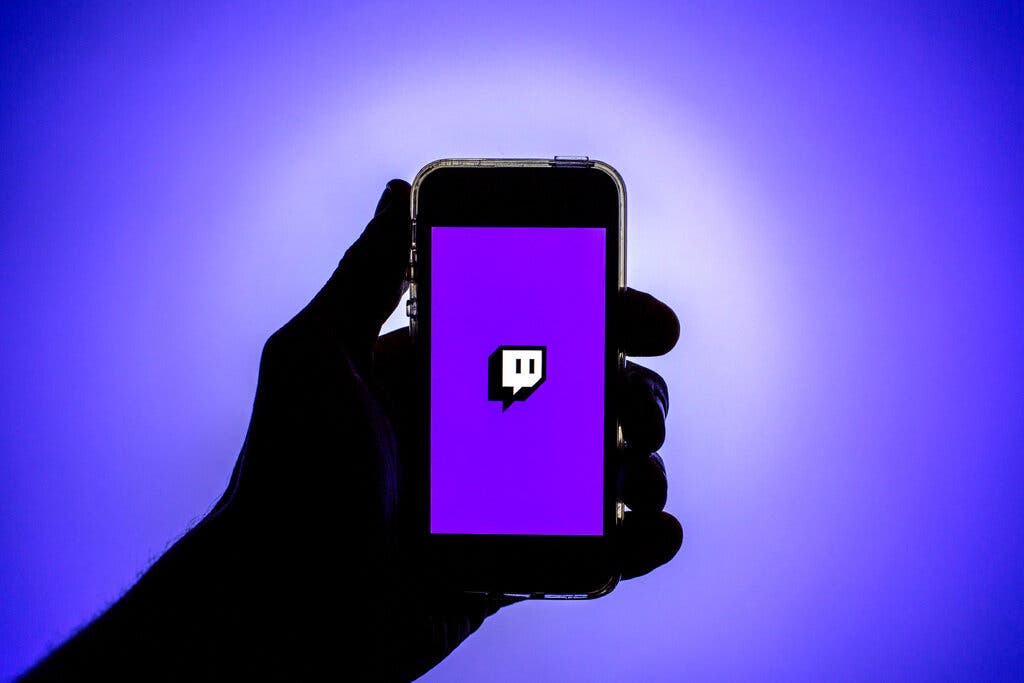Twitch, the popular video game livestreaming platform that has grown into a major internet communications service, said on Thursday that it has implemented new regulations to crack down on the most egregious purveyors of disinformation.
Recognizing the potential real-world problems that might result from its fast rising reach, the business said that it will restrict “harmful misinformation superspreaders who repeatedly distribute disinformation on or off of Twitch” from doing so in the future.
Originally known as Justin.tv, Twitch began as a small start-up 15 years ago. It was bought by Amazon in 2014 and has since grown to be extensively utilised by video game players as well as a significant online platform where celebrities and regular people alike broadcast every part of their everyday life on social media platforms.
According to business statistics, about 31 million users visit Twitch every day, with more than eight million broadcasting each month. The majority of the material is related to video games, with broadcasts devoted to famous titles such as Call of Duty and Fortnite being particularly popular.
Instead than describing the new policy as a reaction to current difficulties, the firm described it as an effort to stay ahead of potential waves of disinformation that might affect the platform.
In its defence, Twitch claims that disinformation is less of a problem on its platform than it is on other social media platforms, in part because the extensive but transient nature of livestreams makes it more difficult for lies on the site to be taken out of context and spread. According to the firm, the new restriction would first apply to less than 100 channels at a time.
Nevertheless, disinformation specialists that Twitch contacted, such as the Global Disinformation Index, a nonpartisan team of researchers, advised the streaming platform that a small number of users might be responsible for the vast majority of internet falsehoods.
It will also apply to Russian state-controlled media channels that disseminate false material, according to Twitch, which noted that it had discovered just one such channel so far, which was generating relatively little traffic.
Twitch has always had stronger limits than other social media platforms when it comes to the kind of opinions that its members may share. In 2020, when sites such as YouTube and Twitter cracked down on far-right conspirators propagating false theories about the presidential election, Twitch experienced an increase in the number of such streamers, who utilised the network as a new way to generate money while spreading falsehoods about the election.
Participants in this group of several dozen Twitch users were notably well-represented by adherents of the unfounded QAnon conspiracy theory, which asserts that former President Donald J. Trump is engaged in combat with a cabal of Democratic paedophiles.
Twitch revealed to The New York Times in April that it was working on a policy against misrepresentation. Users who violate our community policies against harmful content such as content that encourages or incites self-destructive behaviour, harassment, or the attempt or threat to physically harm others will be subject to “action,” according to the company. “This includes misinformation,” the company said.
Furthermore, the business revealed a policy that would enable it to suspend the accounts of users who had committed crimes or serious offences in person or on other online platforms, such as those who participated in violent extremism or were members of a hate organisation.
The inclusion of QAnon material, on the other hand, was permitted since Twitch said at the time that the organisation was not considered a hate group. According to a Twitch spokesperson, the new policy categorises QAnon as a conspiracy theory that promotes violent behaviour.
One such channel, run by a guy who goes by the name of Zak Paine, has more than 17,000 followers and promotes disproved claims concerning vaccinations and cancer while also advocating for the QAnon conspiracy theory, which has been debunked several times.
A visitor appeared on one of his streams, and the two of them pushed viewers to drink a bleach solution that claimed to heal cancer but that the Food and Drug Administration has deemed harmful. Other streamers, such as Terpsichore Maras-Lindeman, have tried to have the results of the 2020 presidential election overturned by the Supreme Court.
Several minutes after the new policy went into effect, the channels belonging to Ms. Maras-Lindeman and Mr. Paine were no longer available. Mr. Paine, who was livestreaming at the time, was cut off in the midst of an advertising that had already been taped. A notice was shown in their place, stating, “This channel is presently inaccessible due to a breach of Twitch’s community rules or terms of service.”

